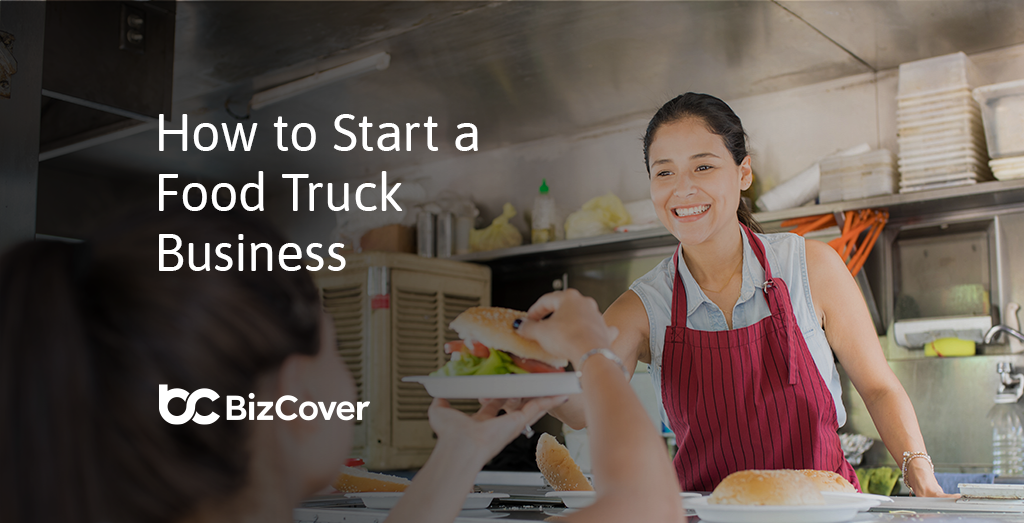10 tips for starting a food truck business in Australia
With the ability to reach a wide customer base for a low investment, owning your own food truck can be a great business idea. Food trucks are now a common sight at festivals and events, and their ongoing popularity doesn’t seem to be slowing down.
If you’re considering starting your own food truck business in Australia, here are 10 tips that could help you get started.
1. Create a business plan
Like any business, having a plan in place will help you stay focused by defining your goals and objectives, as well as the strategies you will employ to achieve them. Your business plan is also where you design your risk management strategy, which will typically include business insurance.*
2. Calculate your costs and secure financing
Start-up costs for a food truck business include purchasing a vehicle and fitting it out with all the necessary cooking equipment. You may need to acquire a business loan or talk to investors. Conducting a financial analysis can help you determine the long-term viability, stability, and profitability of your business.
3. Get the necessary licenses and permits
Running a food truck in Australia involves complying with certain food safety laws. You may also need to obtain permits to operate your food truck business, which will include adhering to regulations set by your local council.
For instance, in NSW there are a number of guidelines for mobile food vendors that need to be followed. However, local councils are the ones generally responsible for the permit approval of food vendors and trucks.
4. Create an enticing menu
As with any other hospitality business, making a success of your food trailer business requires that your menu has yummy food options. Due to the limited space to prepare food, your menu should only contain a small number of items. It is important that your food can be prepared in advance, or quickly cooked. Customers will be waiting outside your truck, so avoid keeping hungry customers waiting too long.
5. Establish a marketing plan
Design bold branding for your truck that will grab the attention of passers-by. Don’t forget to allocate a marketing budget for digital and print advertising. You may wish to put up street signs or post in your local Facebook group.
6. Create an identity for your food truck business
To create a food truck that is exciting, it’s important to choose a specific concept. You may pick something niche, or create a completely new fusion cuisine. Set aside some time to brainstorm. What type of food are you passionate about? What are you able to produce within the limitations of a mobile food truck?
7. Analyse the market you are targeting
What information can you find out about other food trucks in your local area? You could conduct a survey to find out what type of cuisines your target audience prefers, or what they feel is missing from their local food options.
8. Research your competitors
When you are defining your concept, it is important to understand your competitors. This can help you tweak your food truck business to differentiate yourself. You should research the price other food trucks charge for their items. You may also be able to learn from your competitors’ marketing strategies and their successes and failures.
9. Identify the ideal location for your food truck
Ensure that the location of your food truck is strategic; try to always park it in a location where people will easily notice it. High demand sites are often in bustling areas with heavy pedestrian traffic, making them desirable for maximum visibility and sales.
10. Reduce your risk with business insurance
While there are many benefits to owning a food truck business in Australia, there are risks you will likely encounter. Learn more about how business insurance products such as Public Liability insurance and Theft insurance can help your food business recover faster from an insured event.
© 2024 BizCover Pty Limited, all rights reserved. ABN 68 127 707 975; AFSL 501769
This information is general only and does not take into account your objectives, financial situation or needs. It should not be relied upon as advice. As with any insurance, cover will be subject to the terms, conditions and exclusions contained in the policy wording. © 2025 BizCover Limited.





